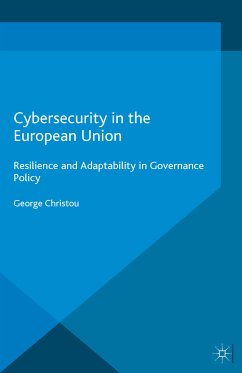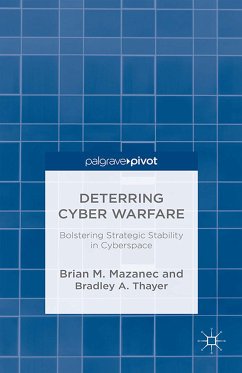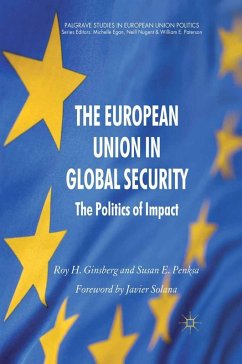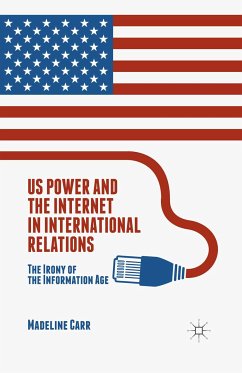
Cybersecurity in the European Union (eBook, PDF)
Resilience and Adaptability in Governance Policy
Versandkostenfrei!
Sofort per Download lieferbar
112,95 €
inkl. MwSt.
Weitere Ausgaben:

PAYBACK Punkte
56 °P sammeln!
Cybercrime affects over 1 million people worldwide a day, and cyber attacks on public institutions and businesses are increasing. This book interrogates the European Union's evolving cybersecurity policies and strategy and argues that while progress is being made, much remains to be done to ensure a secure and resilient cyberspace in the future.
Dieser Download kann aus rechtlichen Gründen nur mit Rechnungsadresse in A, B, BG, CY, CZ, D, DK, EW, E, FIN, F, GR, HR, H, IRL, I, LT, L, LR, M, NL, PL, P, R, S, SLO, SK ausgeliefert werden.












